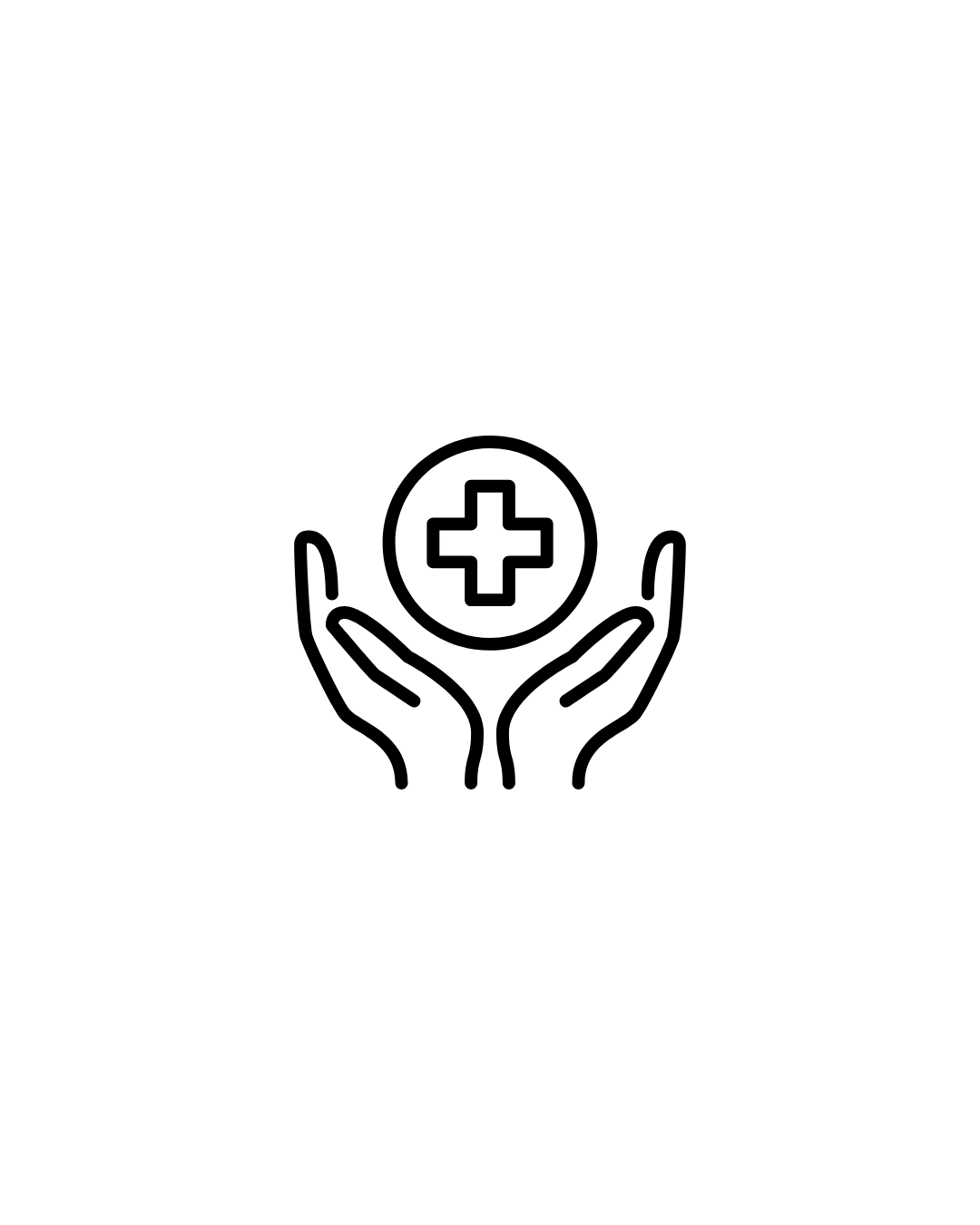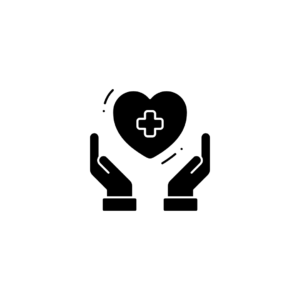Description
Overview of Diploma in Vocation (D.Voc) in Health Care Assistant
The Diploma in Vocation (D.Voc) in Health Care Assistant program is designed to train individuals to provide essential support and care to patients in various healthcare settings. This program focuses on developing the skills and knowledge necessary for assisting healthcare professionals, facilitating patient care, and ensuring a safe and comfortable environment for patients. Graduates are well-prepared for roles in hospitals, nursing homes, community health, and home care environments.
Core Areas of Study in D.Voc in Health Care Assistant
Introduction to Health Care
Understanding the healthcare system, roles of healthcare professionals, and the importance of patient-centered care.
Human Anatomy and Physiology
Basic knowledge of human body systems, their functions, and how they relate to health and disease.
Patient Care Techniques
Learning essential skills for assisting patients with daily activities, including personal hygiene, mobility, and nutrition.
Basic Nursing Skills
Training in fundamental nursing skills such as taking vital signs, patient positioning, and assisting with medical procedures.
Communication Skills
Developing effective communication techniques to interact with patients, families, and healthcare teams.
Infection Control Principles
Understanding infection prevention measures, safety protocols, and proper hygiene practices in healthcare settings.
Mental Health Awareness
Gaining insight into common mental health issues, compassionate communication, and supporting patients with mental health challenges.
Ethics and Legal Aspects of Healthcare
Exploring ethical principles and legal responsibilities related to patient care and confidentiality.
Curriculum Structure
A typical D.Voc in Health Care Assistant program may include:
Core Courses: A combination of theoretical coursework and practical training covering patient care, health sciences, and professional ethics.
Practical Training: Hands-on experience through clinical placements or internships in healthcare facilities to apply skills in real-world situations.
Workshops and Seminars: Opportunities to learn from experienced healthcare professionals about best practices and current trends in patient care.
Admission Requirements
Admission to the D.Voc in Health Care Assistant program generally requires:
A high school diploma (or equivalent), with a preference for candidates who have taken courses in biology or health sciences.
Some institutions may require an entrance exam or interview to assess candidates’ interest in healthcare and commitment to patient care.
Skills Developed in the D.Voc in Health Care Assistant Program
Graduates of the Diploma in Vocation in Health Care Assistant program will develop essential skills, including:
Patient-Centered Care Skills: Ability to provide compassionate and supportive care to patients in various settings.
Technical Proficiency: Basic nursing skills necessary for assisting healthcare professionals and managing patient needs effectively.
Communication Skills: Strong interpersonal skills for engaging with patients and collaborating with healthcare teams.
Problem-Solving Skills: Ability to identify and address patient needs, adapt to various situations, and make informed decisions about care.
Understanding of Healthcare Policies: Awareness of health regulations, ethical considerations, and patient rights.
Career Opportunities
Upon completion of the D.Voc in Health Care Assistant program, graduates can pursue various career paths, including:
Health Care Assistant (HCA)
Providing direct support and care to patients in hospitals, nursing homes, or home health settings.
Nursing Aide
Assisting registered nurses and licensed practical nurses with patient care tasks and daily activities.
Personal Support Worker (PSW)
Supporting clients in their homes or community settings, focusing on personal care and companionship.
Clinical Support Staff
Working in clinical settings to assist with various tasks related to patient management and support.
Health Care Team Member
Collaborating with other healthcare professionals to ensure quality patient care and efficient health service delivery.
Conclusion
The Diploma in Vocation in Health Care Assistant program prepares students to provide essential support in healthcare environments, promoting patient comfort and well-being. By combining theoretical knowledge with practical skills, graduates are equipped to meet the needs of patients and contribute positively to the healthcare team. If you have any further questions about the D.Voc in Health Care Assistant or related topics, feel free to ask!Overview of Diploma in Vocation (D.Voc) in Health Care Assistant
The Diploma in Vocation (D.Voc) in Health Care Assistant program is designed to train individuals to provide essential support and care to patients in various healthcare settings. This program focuses on developing the skills and knowledge necessary for assisting healthcare professionals, facilitating patient care, and ensuring a safe and comfortable environment for patients. Graduates are well-prepared for roles in hospitals, nursing homes, community health, and home care environments.
Core Areas of Study in D.Voc in Health Care Assistant
Introduction to Health Care
Understanding the healthcare system, roles of healthcare professionals, and the importance of patient-centered care.
Human Anatomy and Physiology
Basic knowledge of human body systems, their functions, and how they relate to health and disease.
Patient Care Techniques
Learning essential skills for assisting patients with daily activities, including personal hygiene, mobility, and nutrition.
Basic Nursing Skills
Training in fundamental nursing skills such as taking vital signs, patient positioning, and assisting with medical procedures.
Communication Skills
Developing effective communication techniques to interact with patients, families, and healthcare teams.
Infection Control Principles
Understanding infection prevention measures, safety protocols, and proper hygiene practices in healthcare settings.
Mental Health Awareness
Gaining insight into common mental health issues, compassionate communication, and supporting patients with mental health challenges.
Ethics and Legal Aspects of Healthcare
Exploring ethical principles and legal responsibilities related to patient care and confidentiality.
Curriculum Structure
A typical D.Voc in Health Care Assistant program may include:
Core Courses: A combination of theoretical coursework and practical training covering patient care, health sciences, and professional ethics.
Practical Training: Hands-on experience through clinical placements or internships in healthcare facilities to apply skills in real-world situations.
Workshops and Seminars: Opportunities to learn from experienced healthcare professionals about best practices and current trends in patient care.
Admission Requirements
Admission to the D.Voc in Health Care Assistant program generally requires:
A high school diploma (or equivalent), with a preference for candidates who have taken courses in biology or health sciences.
Some institutions may require an entrance exam or interview to assess candidates’ interest in healthcare and commitment to patient care.
Skills Developed in the D.Voc in Health Care Assistant Program
Graduates of the Diploma in Vocation in Health Care Assistant program will develop essential skills, including:
Patient-Centered Care Skills: Ability to provide compassionate and supportive care to patients in various settings.
Technical Proficiency: Basic nursing skills necessary for assisting healthcare professionals and managing patient needs effectively.
Communication Skills: Strong interpersonal skills for engaging with patients and collaborating with healthcare teams.
Problem-Solving Skills: Ability to identify and address patient needs, adapt to various situations, and make informed decisions about care.
Understanding of Healthcare Policies: Awareness of health regulations, ethical considerations, and patient rights.
Career Opportunities
Upon completion of the D.Voc in Health Care Assistant program, graduates can pursue various career paths, including:
Health Care Assistant (HCA)
Providing direct support and care to patients in hospitals, nursing homes, or home health settings.
Nursing Aide
Assisting registered nurses and licensed practical nurses with patient care tasks and daily activities.
Personal Support Worker (PSW)
Supporting clients in their homes or community settings, focusing on personal care and companionship.
Clinical Support Staff
Working in clinical settings to assist with various tasks related to patient management and support.
Health Care Team Member
Collaborating with other healthcare professionals to ensure quality patient care and efficient health service delivery.
Conclusion
The Diploma in Vocation in Health Care Assistant program prepares students to provide essential support in healthcare environments, promoting patient comfort and well-being. By combining theoretical knowledge with practical skills, graduates are equipped to meet the needs of patients and contribute positively to the healthcare team. If you have any further questions about the D.Voc in Health Care Assistant or related topics, feel free to ask!









